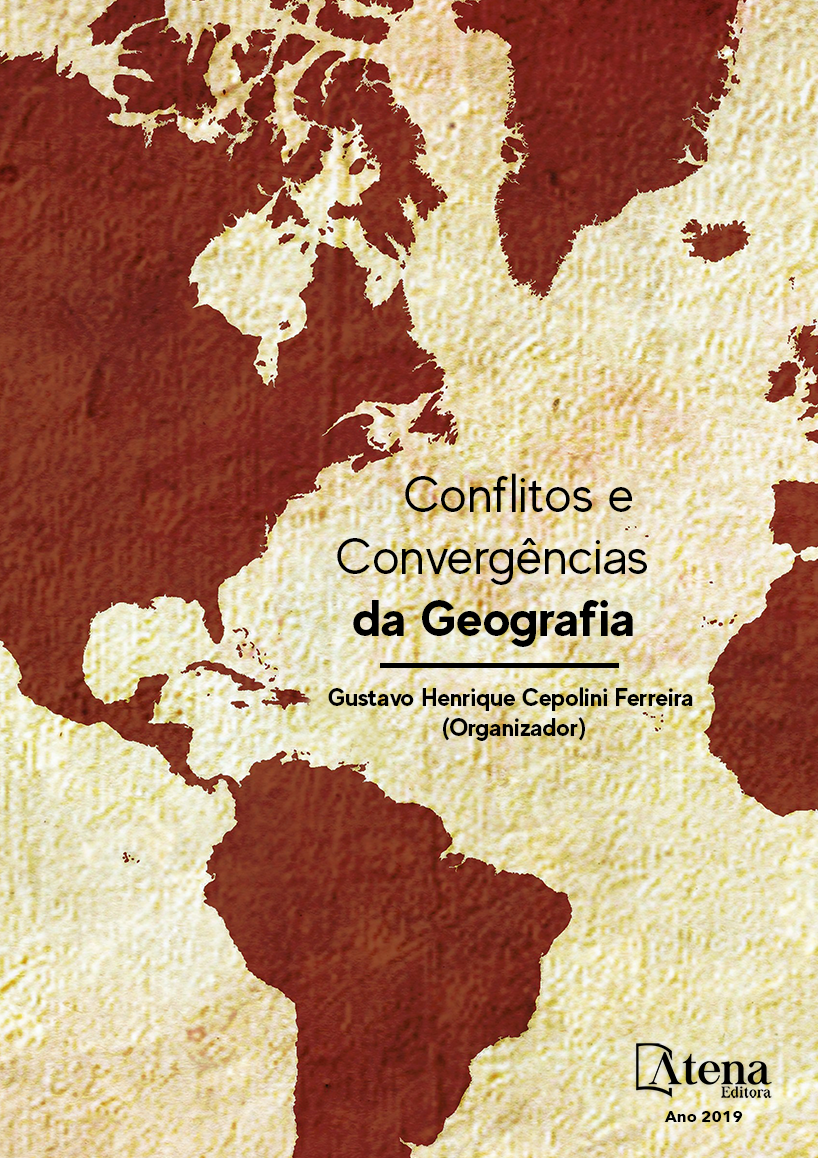
MINERAÇÃO: ASFIXIA DA AGRICULTURA FAMILIAR E CONFLITOS TERRITORIAIS NA REGIÃO CARBONÍFERA DE SANTA CATARINA
Esta pesquisa de Geografia
caracterizará o processo de asfixia da
agricultura na região carbonífera no sul de
Santa Catarina. A tendência asfixiante do
trabalho dos agricultores na região carbonífera
foi resultado da extração do carvão que ali se
desenvolveu, dentro de uma nova lógica de
reestruturação socioeconômica. Constatase, nesse processo, a desvalorização da
produção agrícola, sobrepondo o carvão como
os verdadeiros produtores de mais-valor em
detrimento da agricultura familiar. No entanto,
a atividade carvoeira é altamente degradante e
afeta diretamente os agricultores que insistem
em permanecer em suas propriedades. Em face
disso, há muitos conflitos na referida região entre
os agricultores e os donos de mineradoras. Para
nortear esta pesquisa, optou-se por consultar
não só a bibliografia referente ao assunto, bem
como os pesquisadores locais. As questões
aqui propostas baseiam-se nas reflexões
desenvolvidas por Joan Martínez Alier, ao tratar
da Ecologia dos Pobres.
MINERAÇÃO: ASFIXIA DA AGRICULTURA FAMILIAR E CONFLITOS TERRITORIAIS NA REGIÃO CARBONÍFERA DE SANTA CATARINA
-
DOI: 10.22533/at.ed.2001915047
-
Palavras-chave: Carvão Mineral; Agricultores; Conflitos.
-
Keywords: Mineral Coal; Farmers; Conflicts.
-
Abstract:
This geography research will
characterize the process of asphyxiation of
agriculture in the coal region in the south of Santa
Catarina. The stifling tendency of the work of the
farmers in the coal region was the result of the
extraction of the coal that developed there, within
a new logic of socioeconomic restructuring.
In this process the devaluation of agricultural
production is seen, overlapping with coal as the
true producers of more value to the detriment
of family farming. However, charcoal activity is
highly degrading and directly affects farmers
who insist on remaining on their properties. On
the face of it, there are many conflicts in the
region between farmers and mining owners. To
guide this research, it was decided to consult
not only the bibliography related to the subject,
as well as the local researchers. The questions
proposed here are based on the reflections
developed by Joan Martinez Alier in dealing with
the Ecology of the Poor.
-
Número de páginas: 15
- Maria José Andrade da silva
- Maria José Andrade


